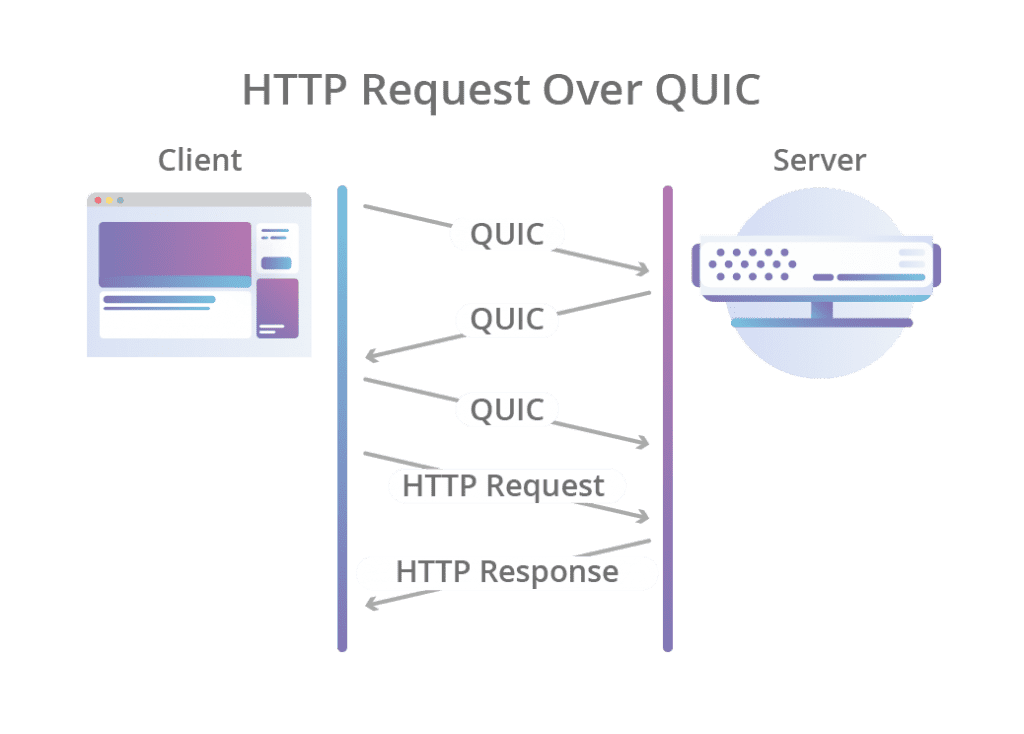Almost all of the internet has been running on standard TCP since 1974, many application-level protocols like HTTP, FTP, IMAP, etc are built over TCP. Transmission Control Protocol or TCP has been the internet’s foundation for decades. It’s only fair for it to get a major upgrade soon. The protocol is starting to show its age so researchers have been working on its potential upgrade for some years.
The protocol is called Quic that will be used for the transmission of data between computers. Some of its features include improved speed, security, and reliability. Last week, the Internet Engineering Task Force just published Quic as a standard, calling it a UDP-based multiplexed and secure transport protocol. The IETF sets many standards for the internet. They’ve been testing Quic on browsers and online services for a few years.

Upgrading the internet’s foundation is a grueling task especially since every device uses the old infrastructure. Quic has been in public development for almost 8 years since Google first announced in 2013. The upgrade is essential if the internet is to evolve with the times. Engineers have spent similar efforts on many other standard technologies like HTTPS for secure website communication, Post-quantum cryptography, and IPV6 to increase the IP pool.
Quic is based on UDP, which is faster than TCP but lacks the latter’s ability to recover lost packets. Quic makes use of UDP’s fastest while having it’s own mechanism for recovering lost packets that’s even faster than TCP. Quic is even faster in setting up encrypted connections which is crucial if the protocol is to be adapted into HTTP and other applicational level protocols.

According to Jana Iyengar, an engineer who helped lead Quic’s standardization, “The internet transport ecosystem has been ossified for decades now. Quic is poised to lead the charge on the next generation of internet innovations”. Quic should handle network changes more gracefully, like when you leave your Wi-Fi and start using your phone’s cellular network.
It’s going to take a long time before every device starts supporting Quic and it will an even longer time to completely phase out TCP. Such transitions are usually slow and take their time to make sure no issues arise.


